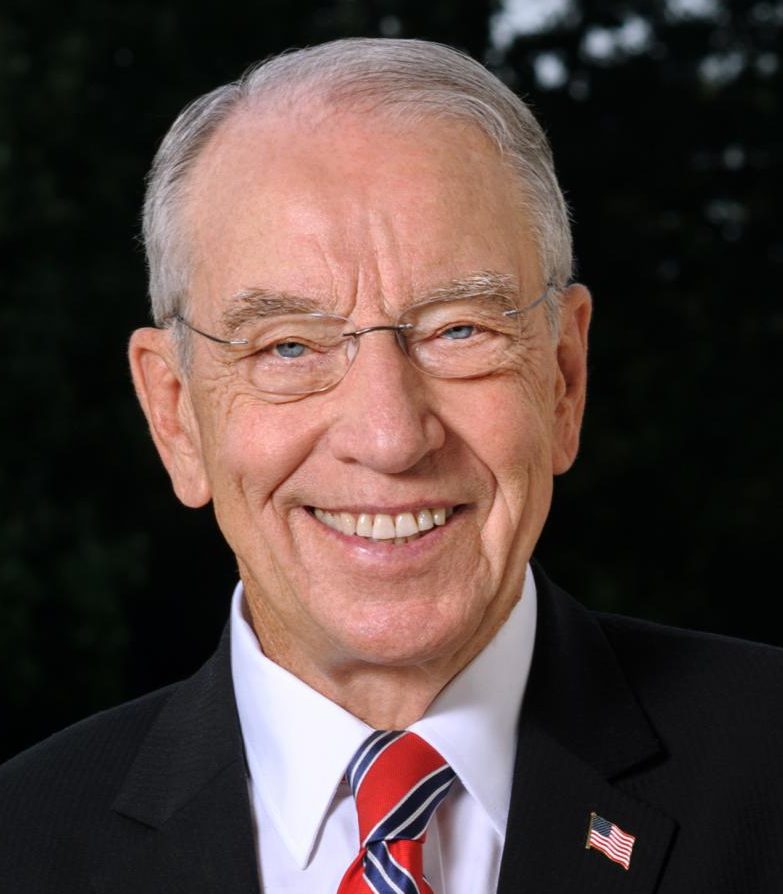Q: Why is a population count taken every ten years in the United States?
A: Article 1, Section 2 of the U.S. Constitution empowers Congress to carry out a census of the U.S. population every decade. Starting with the nation’s first census in 1790 following the American Revolution, the federal government has conducted a decennial head count of the nation’s inhabitants 23 times. For perspective, the first census counted 3.9 million people in the original 13 states, the districts of Kentucky, Maine and Vermont, and the southwest territory (Tennessee). By 2010, the U.S. population reached 308.7 million in the 50 states and five U.S. territories, including federal and military workers stationed overseas. This year marks the 24th effort to take measure of America and enumerate residents of the United States. Iowans need to keep in mind that the results of the census are a big deal for their families and their communities. Not only are the results used to reapportion seats in the U.S. House of Representatives, they factor into formulas used to distribute $675 billion in federal funds for government programs and public services. An accurate count informs public policymaking that influences legislating and spending decisions on public services in local communities and neighborhoods across America. From housing to highways, hospitals and schools to foster and elder care, juvenile justice and law enforcement, census data impacts projects, programs and federal tax dollars that pay for more than 100 federal programs, such as school lunches, Medicaid, Head Start, block grants for community mental health services, and the Supplemental Nutrition Assistance Program (SNAP). They also are used for economic development purposes, guiding business decisions on population trends and growth projections. The data informs businesses about the workforce and consumers, where to locate factories, offices, and restaurants and when to market products and services. By every measure, the U.S. Census impacts the everyday lives and livelihoods of Americans and the communities in which they live.
Q: When will Iowans receive their 2020 census surveys?
A: Starting in mid-march, Iowans can expect to receive a mailed invitation from the U.S. Census Bureau that includes specific information on how to respond to the 2020 census. Administered by the Bureau of the Census, which is part of the U.S. Department of Commerce, the federal agency accepts responses online, by phone or by mail. Census Day is April 1, 2020. That means that all persons living in your household on April 1 should be counted. Be wary of fraud and scams. The U.S. Census Bureau will never send unsolicited emails to request participation. What’s more, it will never ask for your Social Security number, bank information or credit cards, or solicit money or donations. Federal census law also protects the confidentiality of respondents. Information is used only for statistical purposes. It’s important to remember the results of the census not only have consequential impact on public policy and economic development, the once-every-decade census determines each state’s representation in Congress. Shifts in population affect from where the 435 members of the U.S. House of Representatives are elected to serve in Congress. The results also are used to draw congressional and state legislative districts, and impact boundaries for school districts. Notably, the size of a state’s congressional delegation determines its number of electoral votes in the U.S. Electoral College, which elects the U.S. president every four years. States may gain or lose seats in Congress based on the results of the census. For example, following the 2010 U.S. Census, Iowa lost one congressional seat and today has four districts. For a period of time, Iowa had 11 congressional districts, from 1883 to 1933. In December, the Census Bureau will deliver apportionment counts to the president and Congress. On March 31, 2021, the Census Bureau will send redistricting counts to the states. As Iowa’s senior U.S. Senator, I encourage Iowans to promptly respond to the census survey. Every Iowan counts, so make sure you’re counted.
The U.S. Census Bureau is recruiting hundreds of thousands of people to fill temporary census positions. Workers looking to earn extra money with flexible hours may apply or find more information at 2020census.gov/jobs.















